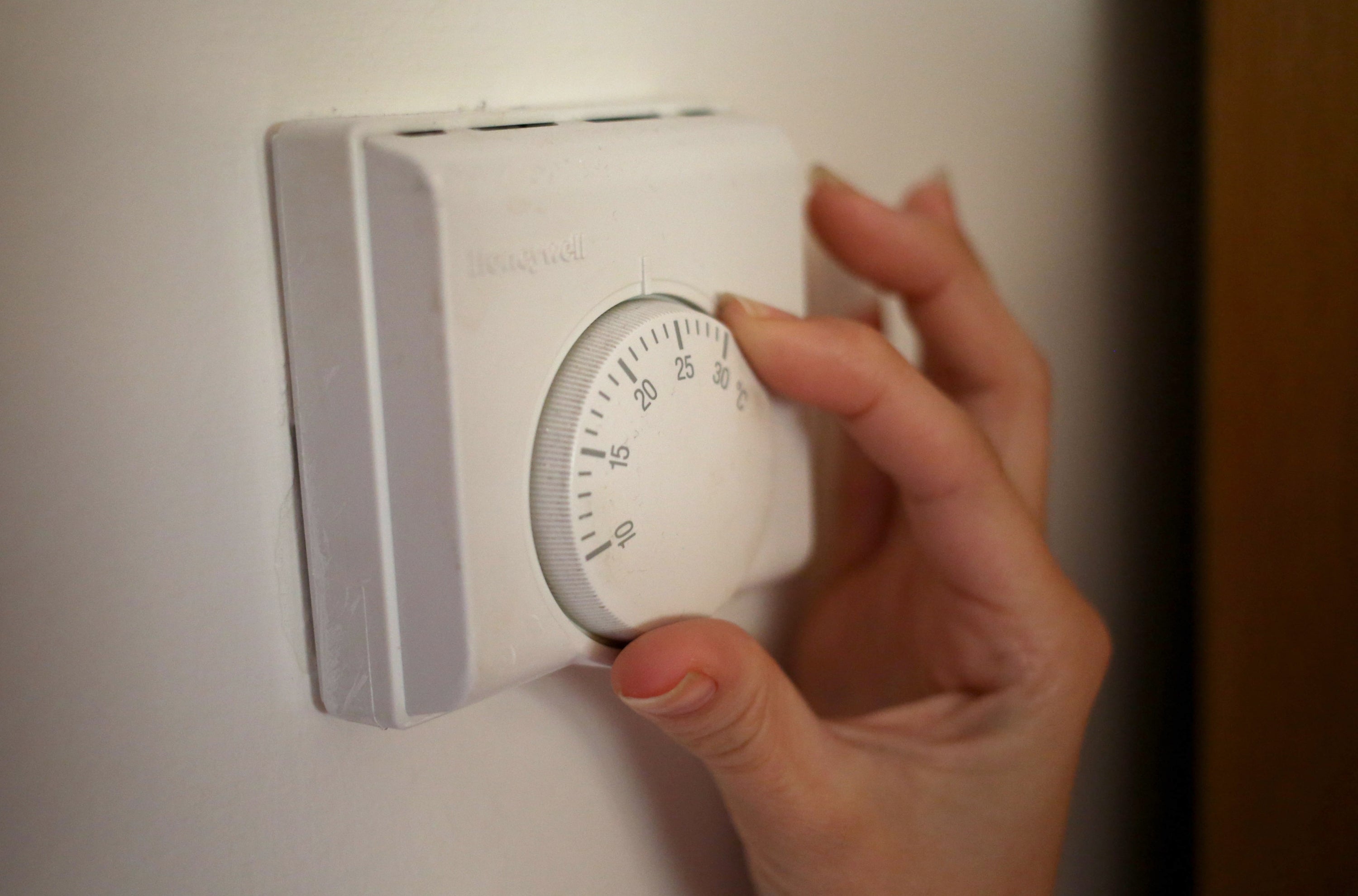Boris Johnson resists calls for windfall tax amid warnings of £1,000 hike in energy bills
ScottishPower boss says current support ‘nowhere near enough’ to cushion blow for households

Boris Johnson is continuing to resist pressure for a windfall tax on energy firms, amid predictions that millions of families could face a further hike of almost £1,000 in bills this autumn.
ScottishPower boss Keith Anderson said average household bills were likely to leap from £1,971 to as much as £2,900 in October when regulator Ofgem next reviews the price cap.
And he said that the government’s current offer of a £200 loan to help households tide over was “not going to be anywhere near enough” to cushion the blow, which follows an average increase of almost £700 in combined electricity and gas prices in April.
Downing Street confirmed that the government is expecting further increases in the autumn, but refused to say whether it accepted Mr Anderson’s figures.
“I think it’s fair to say that we do expect there to be further increases later in the year,” said Mr Johnson’s official spokesperson.
“The chancellor has talked about that, and has made clear that we will look to do what we can to help with energy bills in the autumn when we know more about what prices will be.”
“Given what’s going to happen in October, we think that urgent action is required to put in place a mechanism to support customers through this period,” he said.
“You require a sum of about £1,000 to start bringing bills back closer not to where they used to be, but closer to where it’s realistic to expect people to be able to pay them.”
He called for “targeted” support for the most vulnerable customers. This could be for customers with pre-payment meters, those on Universal Credit, or those eligible for the warm home discount.
He said the Government’s plan to give each household £200 towards their energy bill – a sum that will need to be paid back – will be insufficient.
“Our view is clearly now this £200 is not going to be anywhere near enough,” he said.
“This will take time to implement, and it will take time to agree on the exact format of it … that all needs to be debated, signed, sealed, delivered, designed and agreed by July to allow it to be implemented by October.”
He said there are several different ways for the £1,000 to be funded. It could for instance be added to all household energy bills over the next decade.
Shadow energy secretary Ed Miliband said that Rishi Sunak’s £200 “rebate” on bills, coupled with a £150 cut to council tax for less well-off households, will be “wholly inadequate to meet the scale of needs” as soaring bills hit families’ budgets.
He renewed Labour’s call for a further £600 in assistance, funded by a windfall tax on soaring North Sea incomes, which last week saw BP announce a doubling of its profits in the first three months of the year to £4.9bn.
"As energy bills spiral for working people, this warning is yet another reminder that the government is failing to tackle the cost of living crisis,” said Mr Miliband.
"Energy bills have already risen to their highest level in a generation. Yet instead of offering real support, this government’s ‘buy now, pay later’ loan scheme is wholly inadequate to meet the scale of need.
"And they refuse to implement a windfall tax on the oil and gas producers making record profits, that could fund real support for families. Britain needs a government that is on your side."
But the prime minister’s official spokesperson said: “We want to encourage investment and not to deter it and obviously I wouldn’t speculate but obviously we don’t know what impact would be on raising a windfall tax and whether that additional charge will be passed on to bill-payers.”
The spokesperson said that investment by energy companies in new greener sources of power was vital to rein in future bills.
“We saw them announce billions of pounds to do things which will enable the lower emission oil and gas projects, offshore wind projects, electric vehicle charging infrastructure, carbon capture and storage,” said the PM’s spokesperson.
“Those are vital to the long-term energy security of the UK and to moving away from some of the volatility that’s affecting people’s bills right now.”
Join our commenting forum
Join thought-provoking conversations, follow other Independent readers and see their replies
Comments
Bookmark popover
Removed from bookmarks